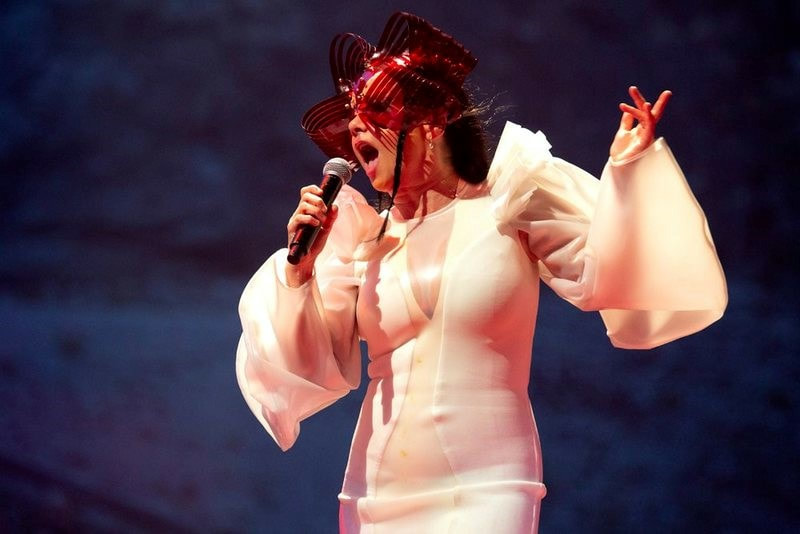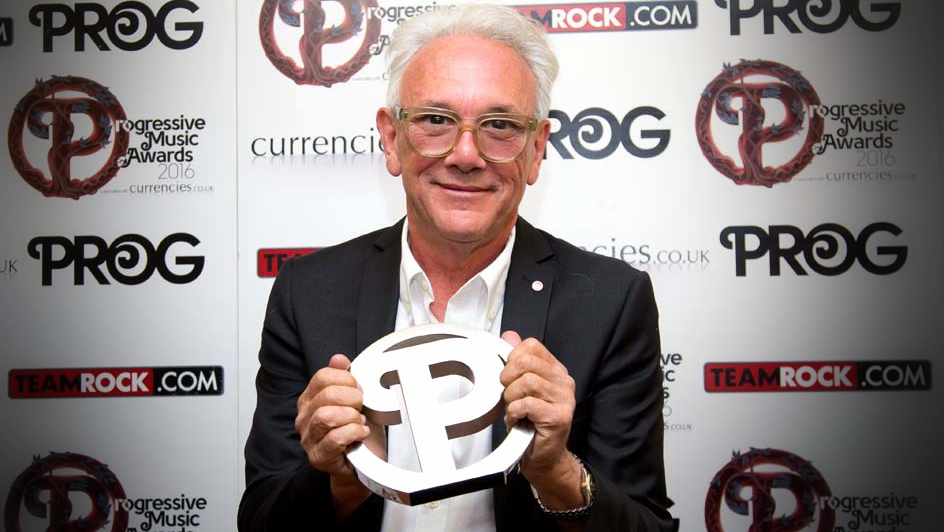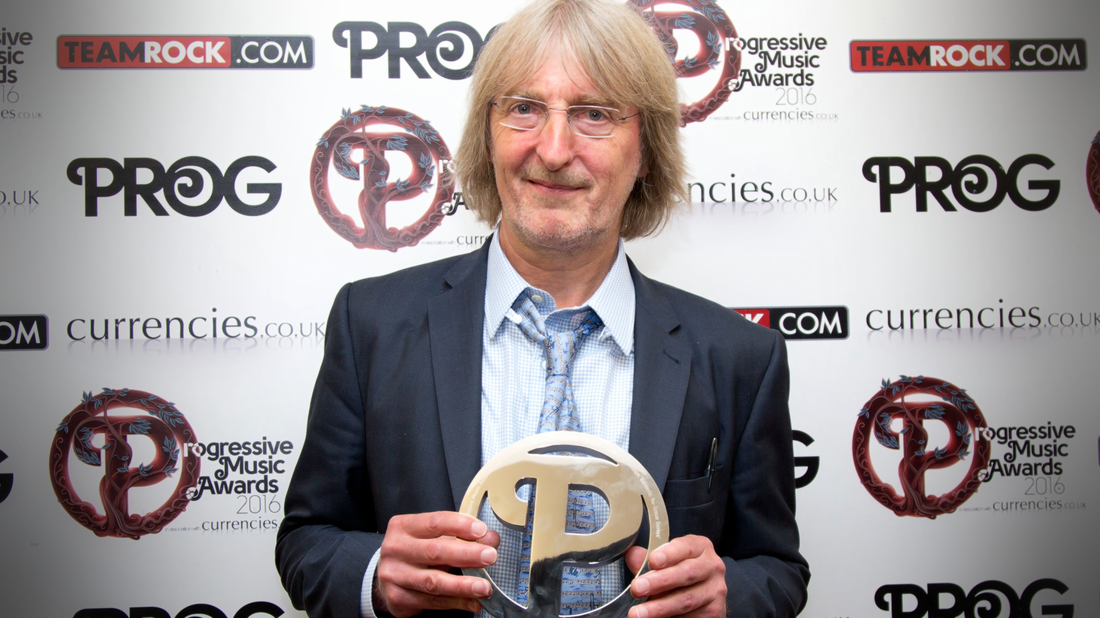When Björk announced that she would be accepting payment for her tenth album, Utopia, through cryptocurrencies, Forbes referred to her decision as a potential watershed moment for blockchain in the music industry. The floodgates are yet to open, but Björk’s decision was a notable example of blockchain arriving in the public sphere and the entertainment industry.
Björk also gave consumers 100 AudioCoins with each purchase of Utopia, AudioCoin being a cryptocurrency developed by blockchain startup Blockpool with the objective to decentralize music currency in favor of the artists and the listeners. AudioCoin is just one of many recent additions to a long line of alternative coins that have popped up, with this growing number of altcoins ensuring that cryptocurrencies beyond Bitcoin reach out to a wider audience.
If more artists like Björk continue to promulgate the advantages of crypto, then that change will be inevitable. The adoption of blockchain could revolutionize the relationship between the music industry and the streaming business. While streaming services reward artists at a flat rate for their work, cryptocurrency networks give artists and consumers far more incentive.
When Björk launched her album, the value and reach of AudioCoin rose. As more people purchase the album, those who immediately invested in the album witness the value of their crypto coins increase. This can bring artists and consumers alike to encourage mass engagement with the album.
Many in the music industry, such as Grant Nicholas of Feeder, have spoken about how Spotify is pushing artists towards a singles-driven business rather than the traditional focus on albums. A pushback against streaming services feels inevitable, with blockchain offering enough benefits and freedom that it could form a central part of a reimagination of how artists generate revenue in the coming years.











